A divide is explicitly emerging in India, which might result in massive gaps in access to the internet in the age of a network society
The internet has entered all possible dimensions of human existence. It has overwhelmingly transformed the contours of social communication, behaviour and imagination. The web is gainfully managed by knowledge workers, who could be from diverse social groups and identities, to steer it in a determined direction to attribute shape through three indispensible variables: Power, language and culture.
Internet has acquired the status of something that is inherently for the good of the public, hence it must be considered a fundamental human utility. Our growing reliance on communication networks has facilitated the advance of a technology-driven internet society.
In India, the rapid growth of online and partially private behavioural and policy changes in doing business furthered the rise of an (ICT) Information and Communication Technology-monitored “internet economy.” Diffusion of mobile phones could make access possible to various things, which were earlier only physically accessible. In India, not enough theoretical engineering has taken place concerning online communities to enable them to exploit the scope of the same comprehensively. It however, remains explicit that the internet can bring significant threat to conventional corridors of power, making them fearful of its power. And rightly so, as it carries the potential to transform prevailing social structures.
The internet has become a crucial constituent to underline the arrival of digital citizenry throughout the world. This will further contribute in the formulation of different online social groups and identities. However, it is notable that new and efficient legislations have not emerged so far pertaining to digital citizens. Therefore, new citizens act without any constraints, rules and procedures in this new land. This perhaps helps them escape accountability for certain actions, in contrast to the physical citizenry. In doing so, this might develop the case for an appropriate study of anonymity, verification, authenticity and lack of moral currency. Social network theories are helpful to understand online communities in the country. Moreover, information exchange can happen among people of same communities, whether they are members of civil society, students or professionals. We are, however, not sure about the quality of the same.
Internet Society, in a 2017 report, maintains that the Net allows people to develop and join new communities and eliminates geographical barriers to make connections. It further demonstrates that around 53 per cent of the world’s population was offline in 2017. As mainly rural regions of the world did not have access to the internet, this has reasonably contributed to a sharp rise in the digital divide/digital discrimination. The personal freedom to express and right to the internet was largely suspended and put on hold.
The web deliberately seems to be failing in projecting its true meaning to produce extensive, eloquent departures to the new age to humanity, different from the agricultural and industrial society. Though new means of communication have carved out a social, political and economic space for some unnoticeable and unsung communities, the internet has also been considered as a new instrument to withstand new business organisations, power structures and technology-determined groups of diverse nature.
Certainly the goal of digital citizens and digital participation is gaining momentum. India has close to 1,162 million mobile phone subscribers and 1,183 million telephones. Though, in contrast to 2018, there is a sharp decline in mobile subscribers and telephone subscribers in 2019. A major cause of the same could be the deteriorating health of the Indian economy. The Government must employ strong measures to arrange for free and affordable internet to maximise digital participation in digital India. Instead of doing that, the Government is promoting the culture of internet shutdowns across the country. In 2019, the number of internet shutdowns rose over 100 times than in the past.
Ordinary citizens could be the generators and contributors of information i.e. knowledge. This, however, is brought along with the ample use of technology, which is costly and requires trained and efficient individuals to make use of it. In an agricultural society, those who could not acquire land of their own to cultivate then just worked as labourers, in other words service providers. Likewise, in this technology-driven age, with some exceptions, they cannot acquire key positions to make it functional for them, particularly the underprivileged.
Telecom Statistics India (2019), reports that telephone subscribers in rural and urban India stand at 514 million and 669 million respectively. It authenticates that a considerable widening disparity exists between rural and urban telephone subscribers, which stops a sizeable rural population from existing in the online/digital world. A study by the Internet and Mobile Association of India (IAMAI), India Internet (2019), noted that nearly one-third of users access the internet for more than one hour in urban areas, whereas in rural regions, a similar proportion of users access the net for 15-30 minutes. It raises pertinent questions about the elementary construction for rural India to be an effective contributor to the vision of the Digital India Programme.
In this age of alternative facts, anyone can claim information/knowledge by generating and contributing to content making. It raises grave concerns regarding the validation of this information. In the meantime, this has provided people with ample opportunities to become knowledge producers instead of remaining consumers of manufactured information/knowledge.
Women’s Rights Online by the World Wide Web Foundation says that in the poor areas of New Delhi, the few women who are online use the internet to look for important information on their rights (17 per cent), search for jobs (29 per cent) or voice their opinions online (eight per cent). The survey, initiated to minimise the gender gap in India, argues for prioritising free public net access.
In another report by IAMAI (2017), in urban India, the ratio of women mobile internet users stands at 40 per cent as opposed to an impressive 60 per cent of men. In rural India, women mobile internet users are only 33 per cent compared to 67 per cent men.
This widening inequality might be a notable obstruction to the purpose of digital equality and participation. It, therefore, shall be a matter of grave concern to all of us. According to the same report, 57 per cent of the mobile internet users are under the age of 25 and a large portion of that, with the help of fake news, trolling and disinformation, cater to online constituencies of political parties.
Still there are people who can’t access the internet as they don’t have smart phones, laptops, gadgets and other mandatory devices. Therefore, a digital divide is explicitly emerging in India, which might result in massive gaps in access to the internet in the age of a network society. The huge cost of access to and the use of new technology will set the stage for a digital divide i.e. digital discrimination. Digital illiteracy is also on the constant rise in India. Paradoxically, the Government is claiming to be manufacturing the base at a breakneck pace for Digital India, without addressing these unrelenting problems.
Leading theorist of the information society, Frank Webster argues that the new society is more of a theoretical one. The construction of these theories will determine the democratic and egalitarian patterns of this new age. If these ingrained flaws formed during the construction of theoretical knowledge are rectified, it would foster a sustainable information environment.
Undeniably, at this epoch, we have information in abundance and fewer instruments to certify authenticity, relevancy and beneficial information, which set the score for the post-truth age. Meanwhile, still, some of them could not enjoy the enormousness of information. Hence a parallel, mammoth building in the internet society is constructed, wherein digital slums will find a permanent place, without any trace of their digital history.
(Writer: Mohammad Irshad / Arnisha Ashraf; Courtesy: The Pioneer)







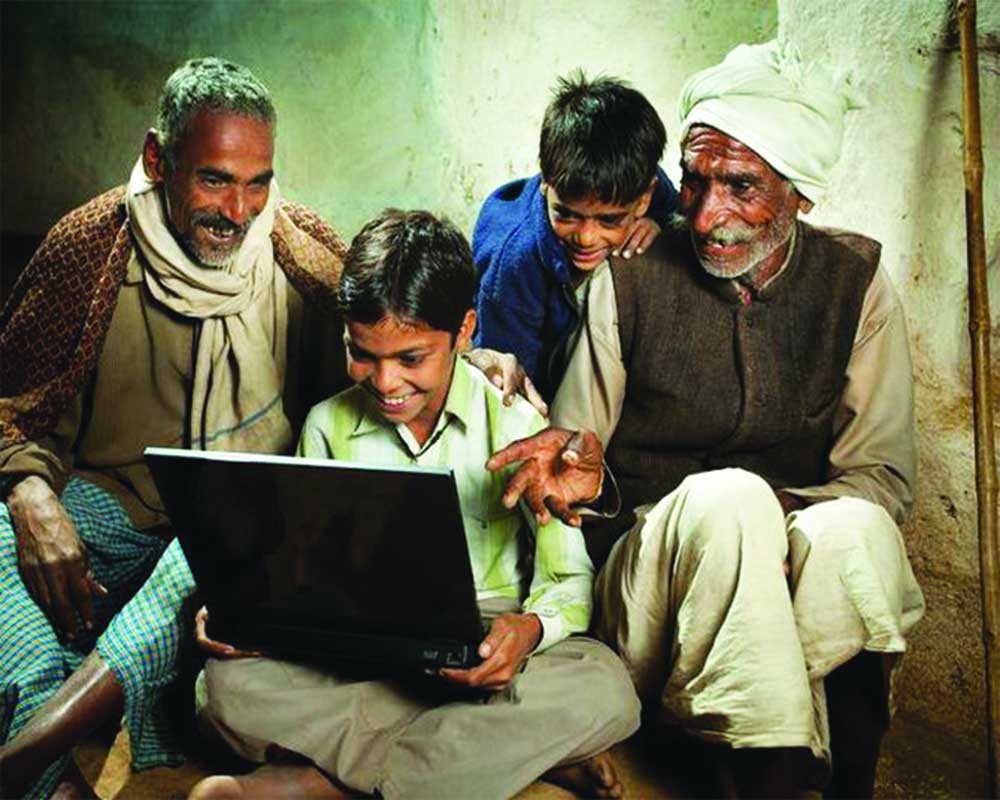
 OpinionExpress.In
OpinionExpress.In
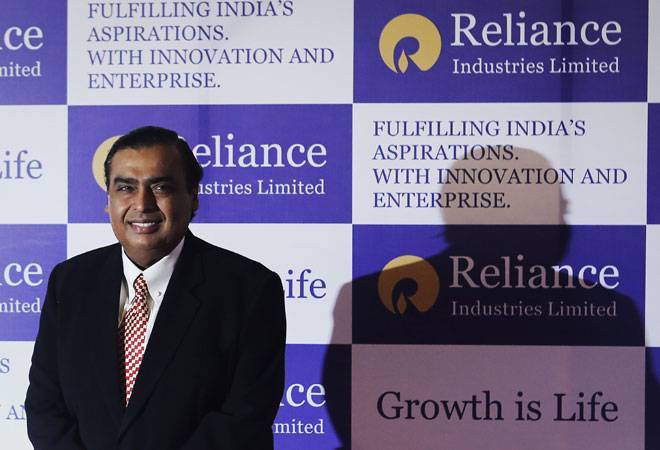
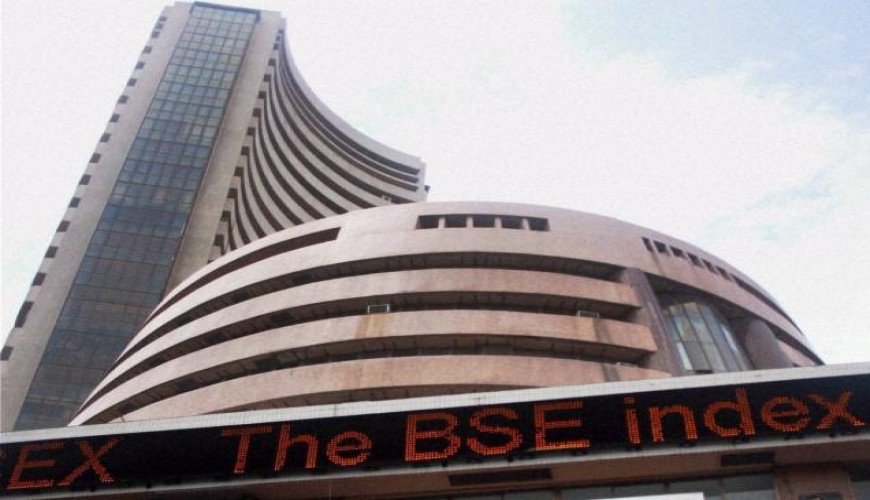
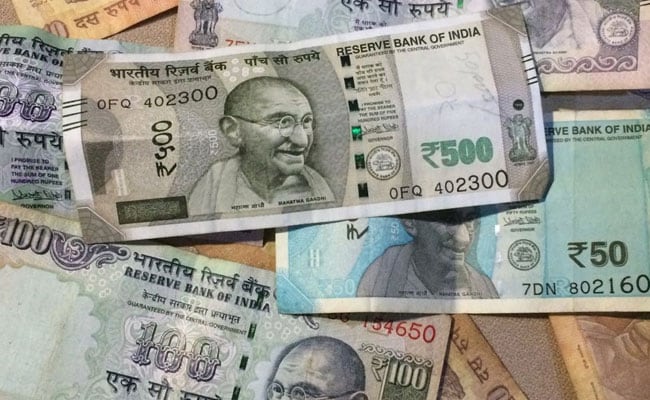
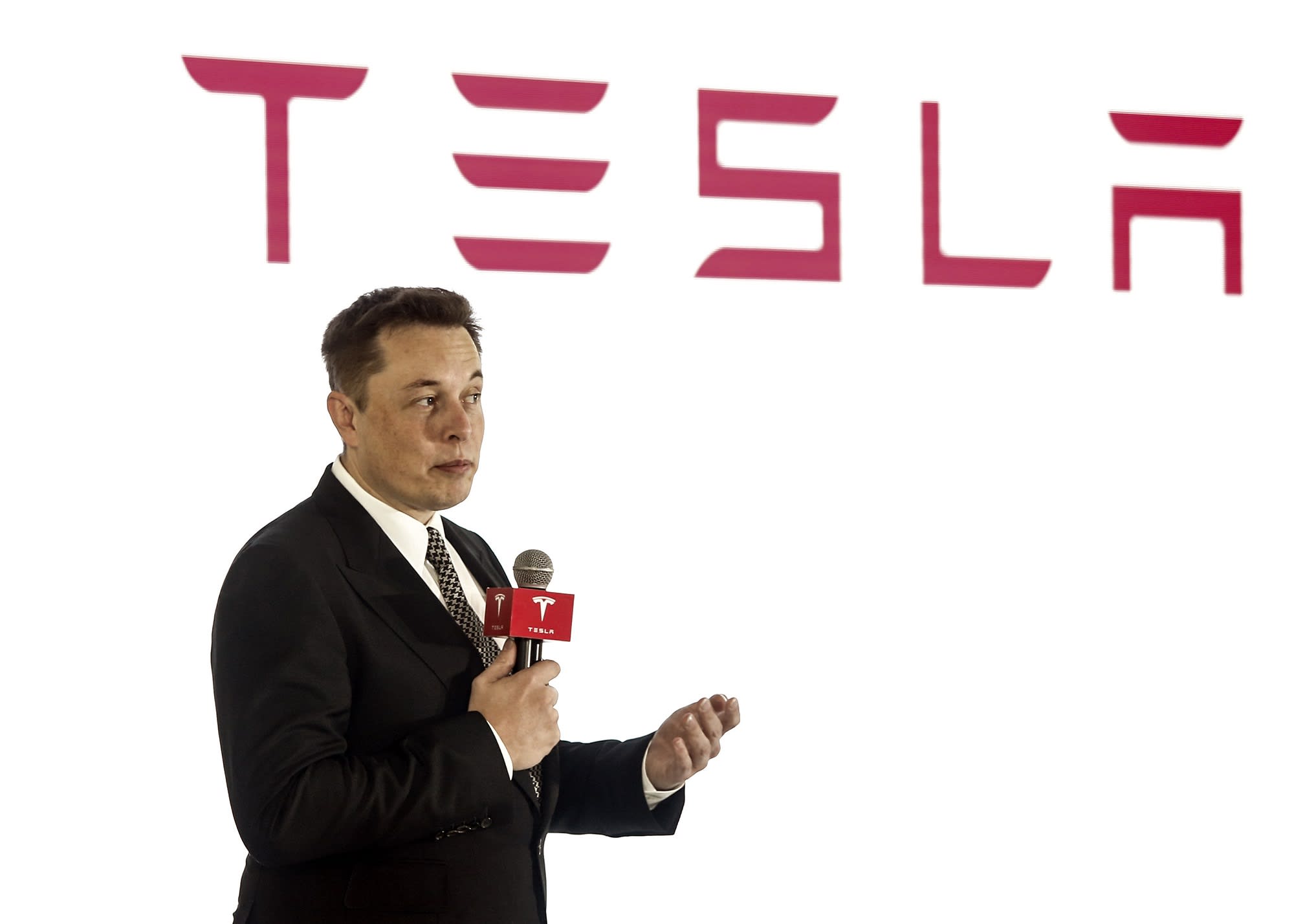




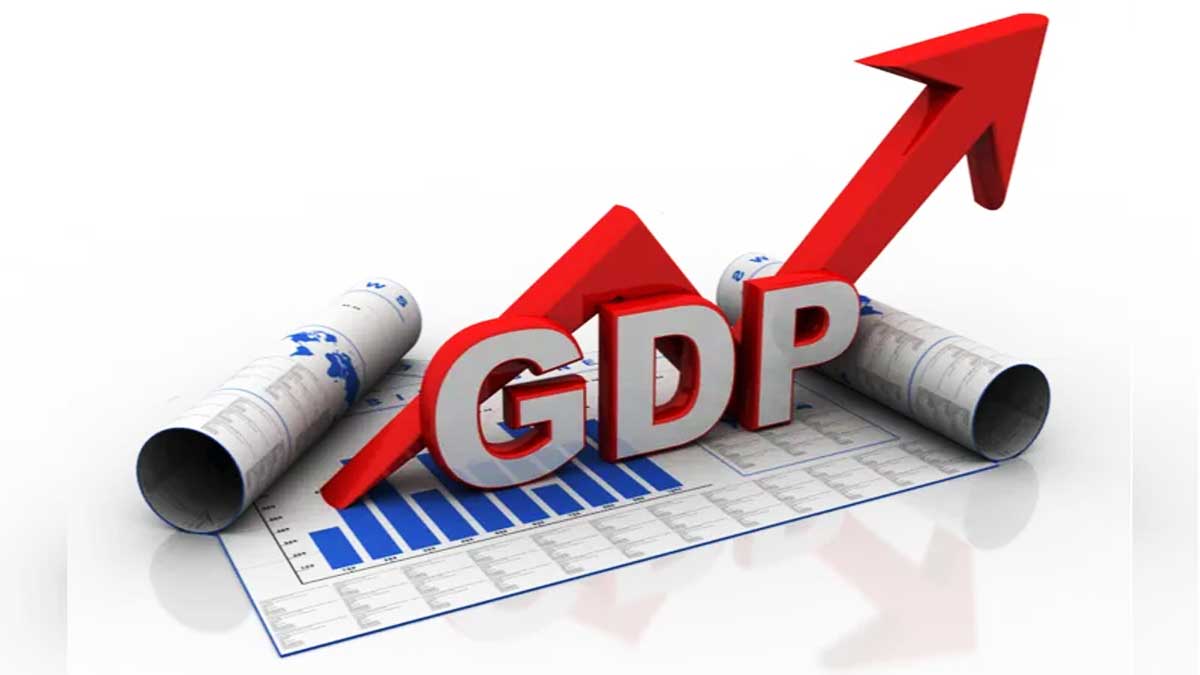






Comments (0)